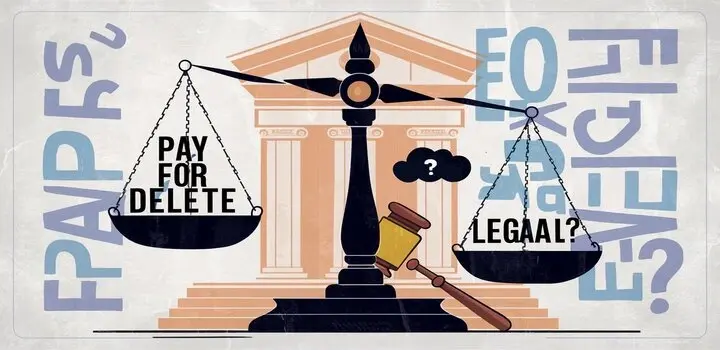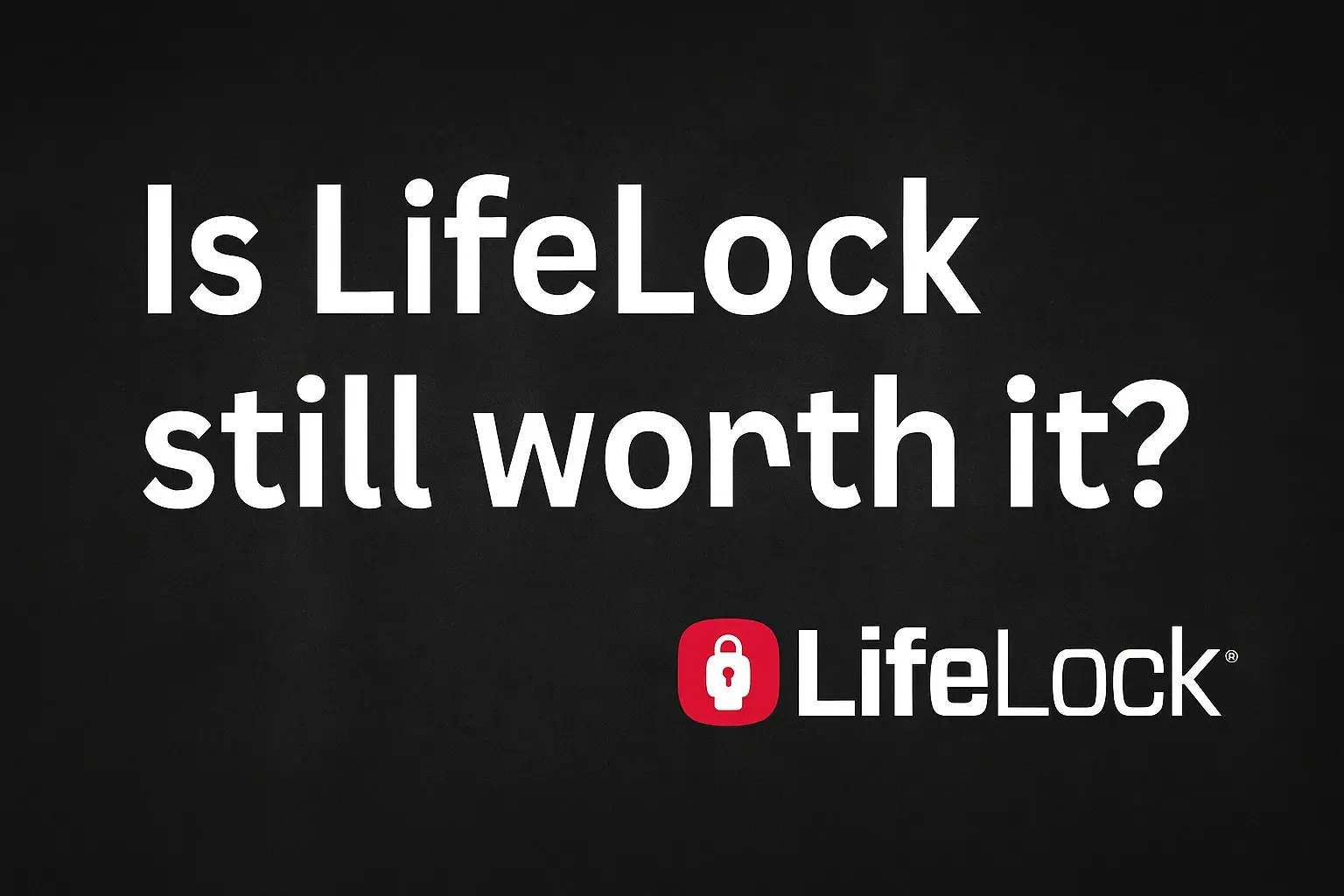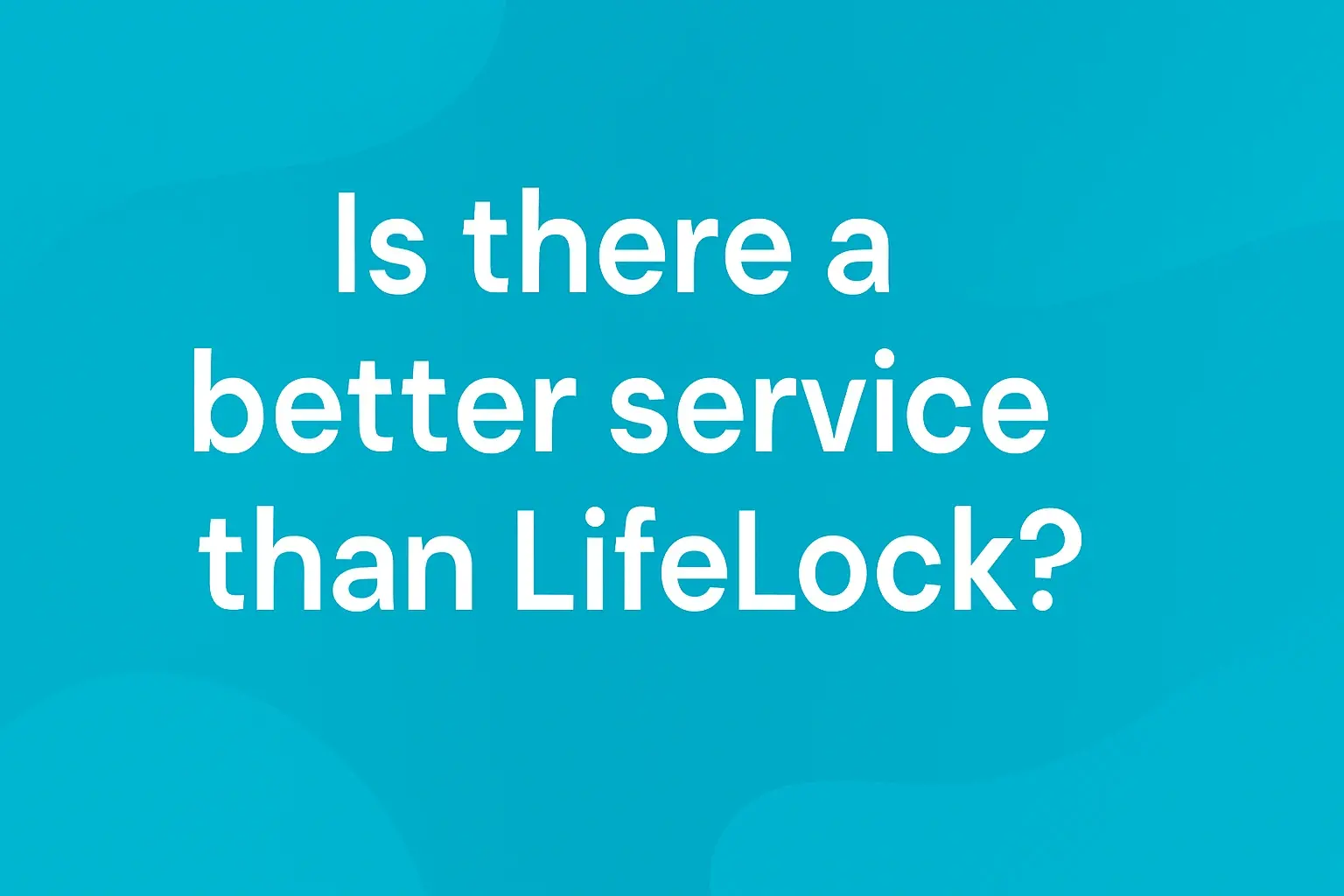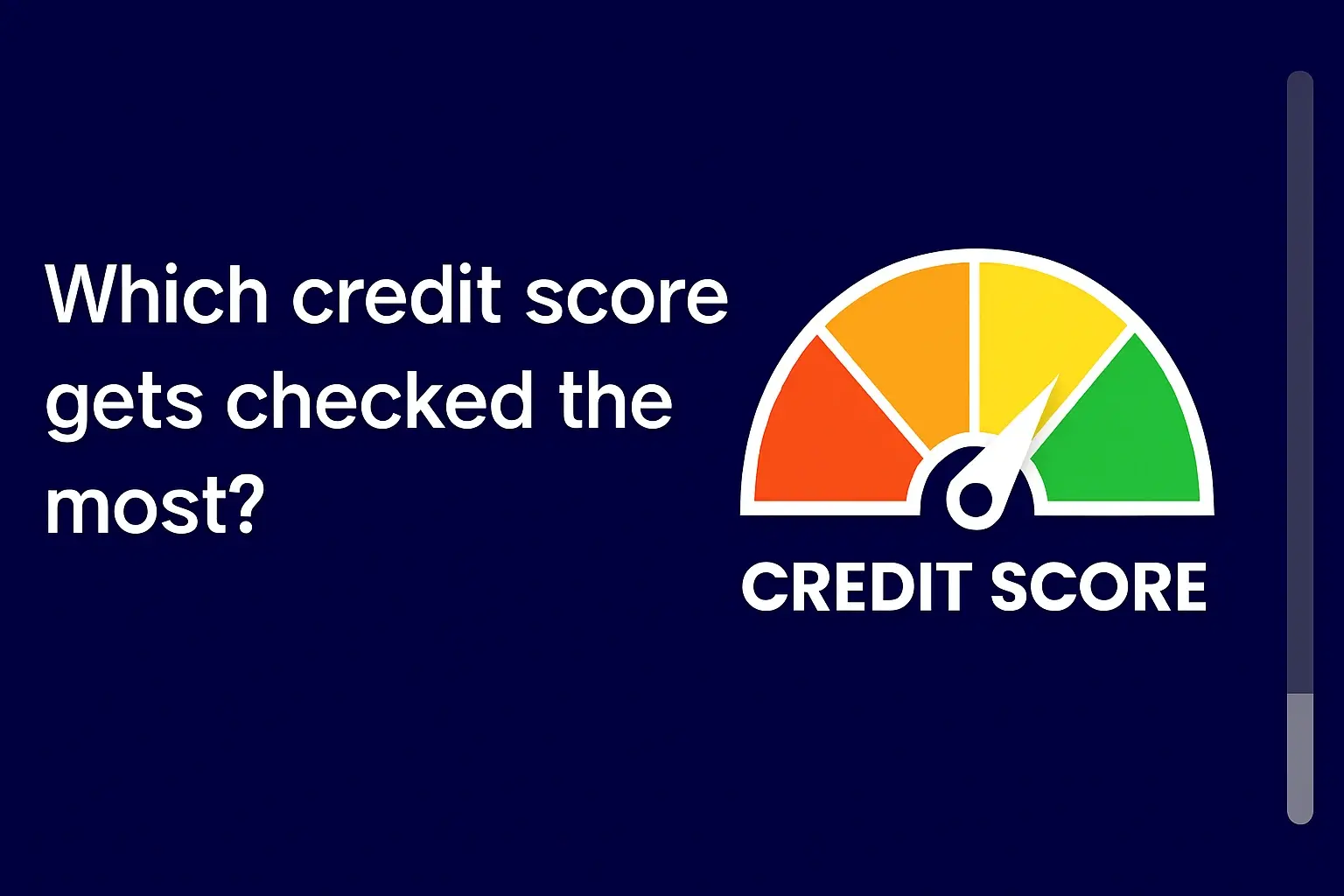-
Posted on: 23 Jul 2024
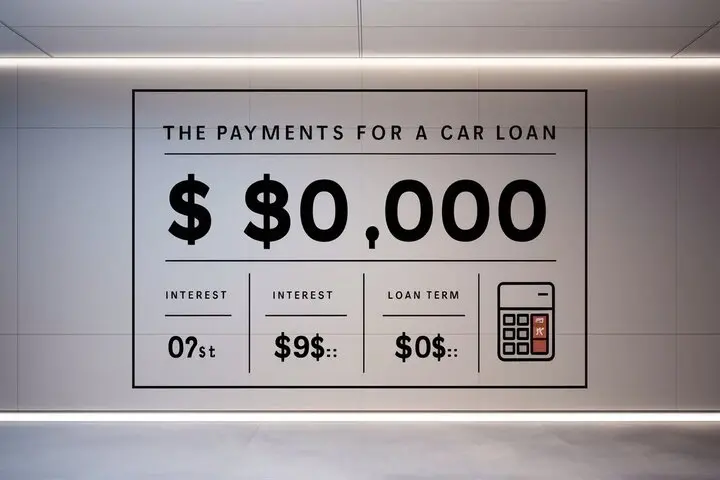
-
Understanding your potential monthly car payments is crucial before taking out a $30,000 auto loan. This guide will help you estimate your payments based on various factors.
Factors Influencing Your $30,000 Car Loan Payment
The monthly payment on a $30,000 car loan isn't a fixed number. It's influenced by several key elements. Understanding these factors will empower you to make informed decisions and potentially lower your monthly expenses.
1. Interest Rate: The Cost of Borrowing
The interest rate is the percentage of the loan amount that the lender charges you for borrowing the money. This is a major driver of your monthly payment. A higher interest rate means a higher payment, and vice versa.
Several factors determine the interest rate you'll receive:
- Credit Score: This is perhaps the most significant factor. A higher credit score typically translates to a lower interest rate because it indicates a lower risk for the lender. Lenders assess your creditworthiness using credit scores from agencies like Experian, Equifax, and TransUnion. A good credit score (typically 700 or above) will likely get you the best rates. Fair credit (630-689) might still get you approved, but at a higher interest rate. Poor credit (below 630) can make it difficult to get approved or result in very high interest rates.
- Loan Term: The length of time you have to repay the loan also affects the interest rate. Shorter loan terms often come with slightly lower interest rates because they are less risky for the lender.
- Lender: Different lenders have different lending policies and offer varying interest rates. It's crucial to shop around and compare offers from different banks, credit unions, and online lenders.
- Economic Conditions: Prevailing economic conditions, such as inflation and the prime interest rate set by central banks, can influence interest rates on auto loans.
2. Loan Term: How Long You Repay
The loan term is the length of time you have to repay the $30,000 loan. Common loan terms for auto loans range from 36 months (3 years) to 72 months (6 years), and even up to 84 months (7 years) in some cases.
Here's how the loan term affects your monthly payment:
- Shorter Term (e.g., 36 months): Results in higher monthly payments but lower total interest paid over the life of the loan. You pay off the loan faster and own the car sooner.
- Longer Term (e.g., 72 months): Results in lower monthly payments, making the car more affordable in the short term. However, you'll pay significantly more in total interest over the life of the loan, and you'll be making payments for a longer period. The car may also depreciate faster than you're paying it off, leading to a situation where you owe more than the car is worth (being "upside down" on the loan).
3. Down Payment: Reducing the Loan Amount
A down payment is the amount of money you pay upfront towards the purchase of the car. A larger down payment reduces the amount you need to borrow, thereby lowering your monthly payments and potentially reducing the total interest you pay.
For example, if you put down $5,000 on a $30,000 car, you'll only need to borrow $25,000. This directly impacts your monthly payments.
4. Taxes, Fees, and Other Charges
Don't forget to factor in taxes, title fees, registration fees, and any other charges associated with the car purchase. These costs are often added to the loan amount, increasing your overall loan size and monthly payments.
5. Credit Score Impact
As mentioned above, your credit score is paramount. Here's a more detailed look at how it affects your rates:
- Excellent Credit (750+): You'll qualify for the lowest interest rates, potentially saving you thousands of dollars over the life of the loan.
- Good Credit (700-749): You'll still likely get a competitive interest rate, but not quite as low as someone with excellent credit.
- Fair Credit (630-699): You'll likely pay a higher interest rate, and your loan options might be limited.
- Poor Credit (Below 630): Getting approved for a car loan can be challenging, and you'll likely face very high interest rates. Consider working on improving your credit score before applying for a loan, or exploring alternative options like a secured loan or a co-signer.
Estimating Your $30,000 Car Loan Payment: Example Scenarios
Let's look at some example scenarios to illustrate how different interest rates and loan terms affect your monthly payment on a $30,000 car loan. These are estimations, and actual rates may vary.
Disclaimer: The following calculations are for illustrative purposes only and should not be considered financial advice. Use an online car loan calculator for more precise estimations.
Scenario 1: Excellent Credit, Short Loan Term
- Loan Amount: $30,000
- Interest Rate: 5%
- Loan Term: 36 months (3 years)
- Estimated Monthly Payment: Approximately $899.06
- Total Interest Paid: Approximately $2,366.16
Scenario 2: Good Credit, Medium Loan Term
- Loan Amount: $30,000
- Interest Rate: 7%
- Loan Term: 48 months (4 years)
- Estimated Monthly Payment: Approximately $718.48
- Total Interest Paid: Approximately $4,487.16
Scenario 3: Fair Credit, Long Loan Term
- Loan Amount: $30,000
- Interest Rate: 10%
- Loan Term: 60 months (5 years)
- Estimated Monthly Payment: Approximately $637.47
- Total Interest Paid: Approximately $8,248.20
Scenario 4: Poor Credit, Longest Loan Term
- Loan Amount: $30,000
- Interest Rate: 15%
- Loan Term: 72 months (6 years)
- Estimated Monthly Payment: Approximately $576.77
- Total Interest Paid: Approximately $11,527.44
As you can see, the difference in total interest paid between a low interest rate and a high interest rate, especially over a longer loan term, is significant. Paying close attention to your credit score and shopping around for the best rates is crucial.
Tips for Getting the Best Deal on a $30,000 Car Loan
Securing a favorable car loan isn't just about luck; it's about preparation and smart decision-making. Here are some actionable tips to help you get the best possible deal on your $30,000 auto loan:
1. Improve Your Credit Score
This is the single most important factor in determining your interest rate. Here's how to improve your credit score:
- Pay Bills on Time: Late payments significantly damage your credit score. Set up automatic payments to ensure you never miss a due date.
- Keep Credit Utilization Low: Aim to use no more than 30% of your available credit on credit cards.
- Check Your Credit Report Regularly: Look for errors and dispute any inaccuracies. You can get a free credit report from each of the three major credit bureaus annually at AnnualCreditReport.com.
- Avoid Opening Too Many New Accounts: Opening several new credit accounts in a short period can lower your average account age and negatively impact your score.
2. Shop Around for the Best Interest Rate
Don't settle for the first offer you receive. Compare rates from different lenders, including banks, credit unions, and online lenders. Get pre-approved for a loan from multiple sources to see what rates you qualify for.
3. Consider a Shorter Loan Term
While a longer loan term offers lower monthly payments, you'll pay significantly more in interest over the life of the loan. If you can afford it, opt for a shorter loan term to save money in the long run.
4. Make a Larger Down Payment
A larger down payment reduces the amount you need to borrow, which translates to lower monthly payments and less interest paid. Aim for at least 10% of the car's price as a down payment, or even more if possible.
5. Negotiate the Price of the Car
Don't just focus on the monthly payment. Negotiate the price of the car itself. A lower purchase price means you'll need to borrow less money, resulting in lower monthly payments and less interest paid.
6. Avoid Adding Extras to the Loan
Dealers often try to sell you add-ons like extended warranties, paint protection, or gap insurance. These extras increase the loan amount and can significantly increase your monthly payments. Carefully consider whether you need these add-ons, and shop around for them independently if you decide they're worthwhile.
7. Be Aware of APR vs. Interest Rate
APR (Annual Percentage Rate) includes the interest rate plus any fees associated with the loan, such as origination fees or application fees. APR provides a more accurate representation of the true cost of borrowing.
8. Consider a Co-Signer
If you have poor credit or limited credit history, consider asking a family member or friend with good credit to co-sign the loan. A co-signer guarantees the loan, which can increase your chances of approval and help you secure a lower interest rate.
9. Research and Understand Loan Terms
Read the loan agreement carefully before signing it. Understand all the terms and conditions, including the interest rate, loan term, payment schedule, and any penalties for late payments or early repayment.
10. Don't Rush the Process
Buying a car is a major financial decision. Take your time, do your research, and don't feel pressured to make a purchase until you're comfortable with the terms of the loan and the price of the car.

